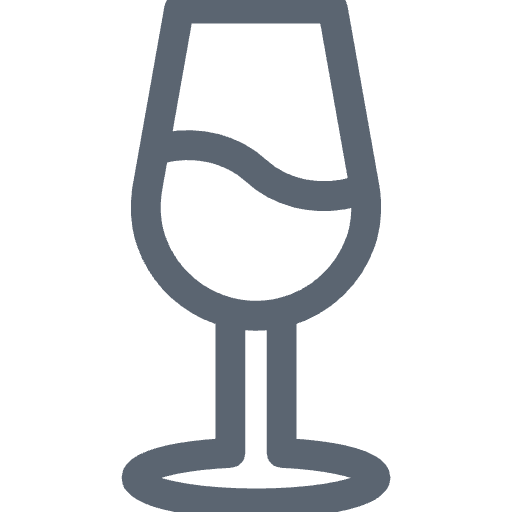24 Products
-

 Nahe
Nahe
 Riesling, sweet
Riesling, sweet
 herbal & creamy
herbal & creamy
-

 Tuscany
Tuscany
 Sangiovese , dry
Sangiovese , dry
 ethereal & spicy
ethereal & spicy
-

 Burgenland
Burgenland
 Chardonnay, dry
Chardonnay, dry
 full-bodied & soft
full-bodied & soft
-

 Veneto
Veneto
 Lagrein, dry
Lagrein, dry
 intense & complex
intense & complex
-

 Southern Styria
Southern Styria
 Chardonnay, dry
Chardonnay, dry
 elegant & mineral
elegant & mineral
-

 Moselle
Moselle
 Riesling, sweet
Riesling, sweet
 dark spicy & complex
dark spicy & complex
-

 Trentino
Trentino
 Teroldego, dry
Teroldego, dry
 complex & intense
complex & intense
-

 Trentino
Trentino
 Teroldego, dry
Teroldego, dry
 dark & spicy
dark & spicy
-

 Piedmont
Piedmont
 Barbera, dry
Barbera, dry
 spicy & intense
spicy & intense
-

 Loire
Loire
 Sauvignon Blanc, dry
Sauvignon Blanc, dry
 concentrated & rocky
concentrated & rocky
-

 Trentino
Trentino
 Teroldego, dry
Teroldego, dry
 ethereal & balsamic
ethereal & balsamic
-

 Burgundy
Burgundy
 Pinot Noir, dry
Pinot Noir, dry
 mineral & complex
mineral & complex
-

 Piedmont
Piedmont
 Nebbiolo, dry
Nebbiolo, dry
 ethereal & complex
ethereal & complex
-

 Piedmont
Piedmont
 Nebbiolo, dry
Nebbiolo, dry
 ethereal & complex
ethereal & complex
-

 Piedmont
Piedmont
 Nebbiolo, dry
Nebbiolo, dry
 fruity, spicy, cool
fruity, spicy, cool
-

 Tuscany
Tuscany
 Sangiovese, dry
Sangiovese, dry
 fragrant & spicy
fragrant & spicy
-

 Moselle
Moselle
 Riesling, sweet
Riesling, sweet
 complex & concentrated
complex & concentrated
-

 Moselle
Moselle
 Riesling, sweet
Riesling, sweet
 full & complex
full & complex
-

 Piedmont
Piedmont
 Nebbiolo, dry
Nebbiolo, dry
 fruity, spicy, cool
fruity, spicy, cool
-

 Piedmont
Piedmont
 Barbera, dry
Barbera, dry
 spicy & intense
spicy & intense
-

 Southern Styria
Southern Styria
 Sauvignon Blanc, dry
Sauvignon Blanc, dry
 balanced & complex
balanced & complex
-

 Tuscany
Tuscany
 Sangiovese, dry
Sangiovese, dry
 balanced & profound
balanced & profound
-

 Tuscany
Tuscany
 Sangiovese, dry
Sangiovese, dry
 complex & balsamic
complex & balsamic
-

 Burgundy
Burgundy
 Pinot Noir, dry
Pinot Noir, dry
 delicate & complex
delicate & complex


























